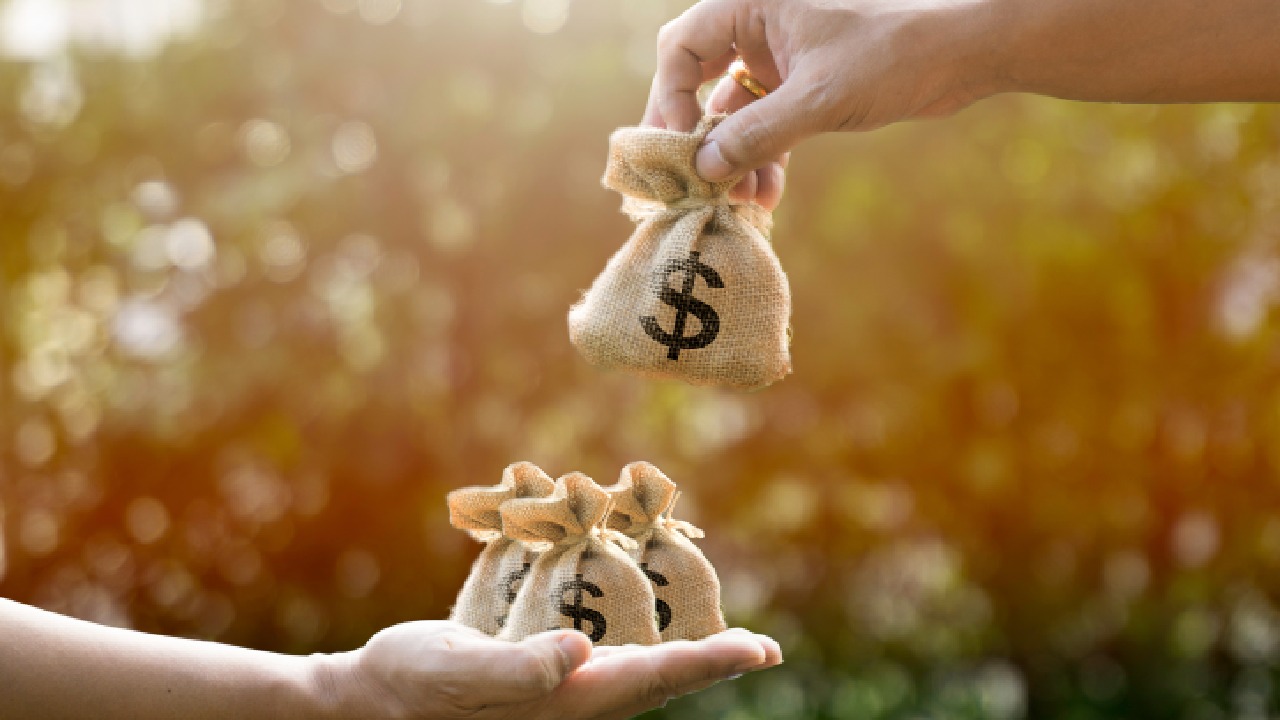Why you need to treat money just like you do health and fitness

Have you heard of Fitbits? They are devices designed to help you set personal health goals and track your progress, keeping you motivated – and they’re rapidly rising in popularity.
Since Fitbits combine goal setting, progress tracking and the reward (of reaching your fitness goals) they’ve been lauded as successful in encouraging sustainable behavourial change and improving health.
But it’s not the big things that have to change – baby steps help. Or in the case of fitness, literal steps – counting each of the little, regular actions you do every day and integrating that into your daily routine is achievable, thus has a better payoff.
In similar vain, small behavioural changes that you can monitor for a longer-lasting and sustainable change to your finances is an important cornerstone to financial success.
It may seem boring to spend less than you earn, pay off all your credit card debt every month on time, make extra mortgage repayments or salary sacrifices into your super. But in the end, it all adds up.
Downloading budget apps for your phone or computer that can track your spending will help you both see your spending on a daily or weekly basis, and help you decide what small, repeatable actions you can do in order to save. Perhaps it’s dropping your would-be morning latte money into your savings account for the week and having one at home before you leave instead.
Whatever it is that you choose to do in order to reach your financial goals, make sure you have a means of staying accountable. You could ask your partner, a friend, your accountant or financial planner.
And when you reach your milestones? Celebrate! You’re making progress on getting and staying financially fit.
Image credit: Shutterstock
